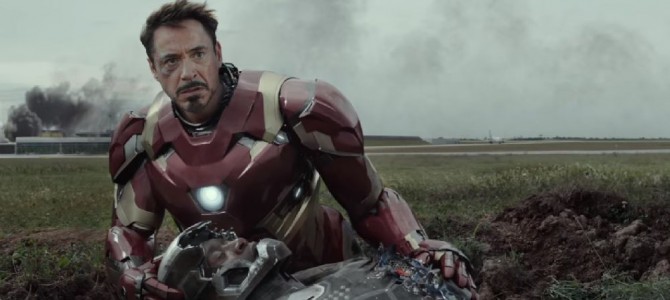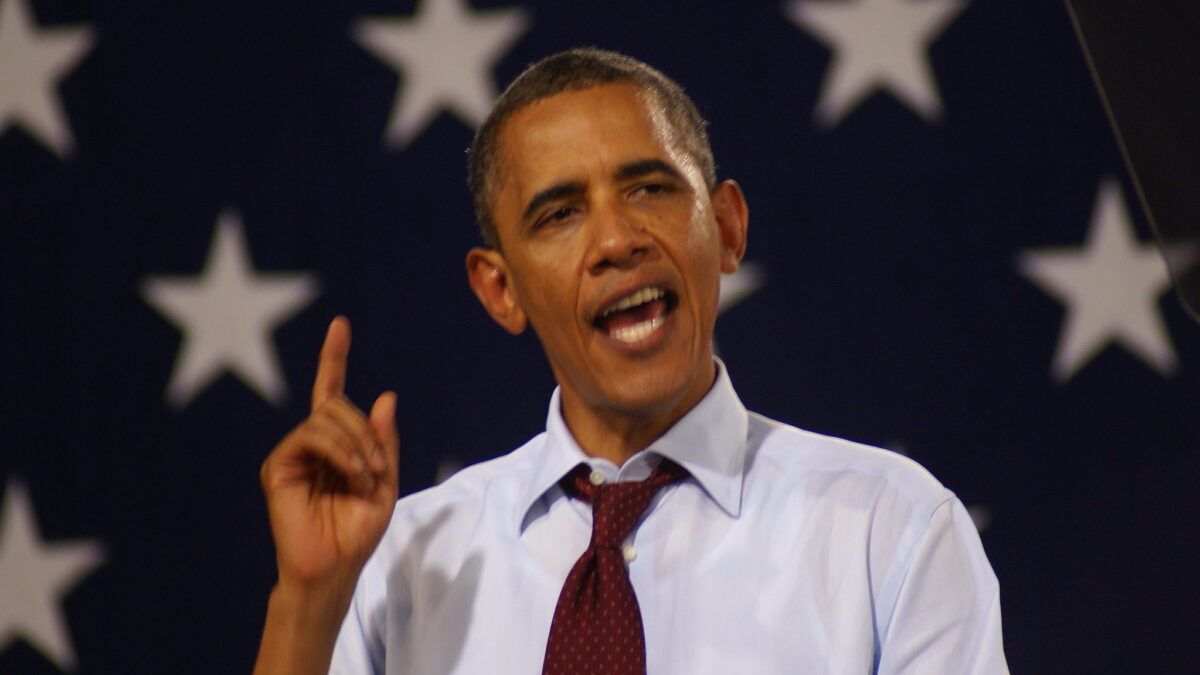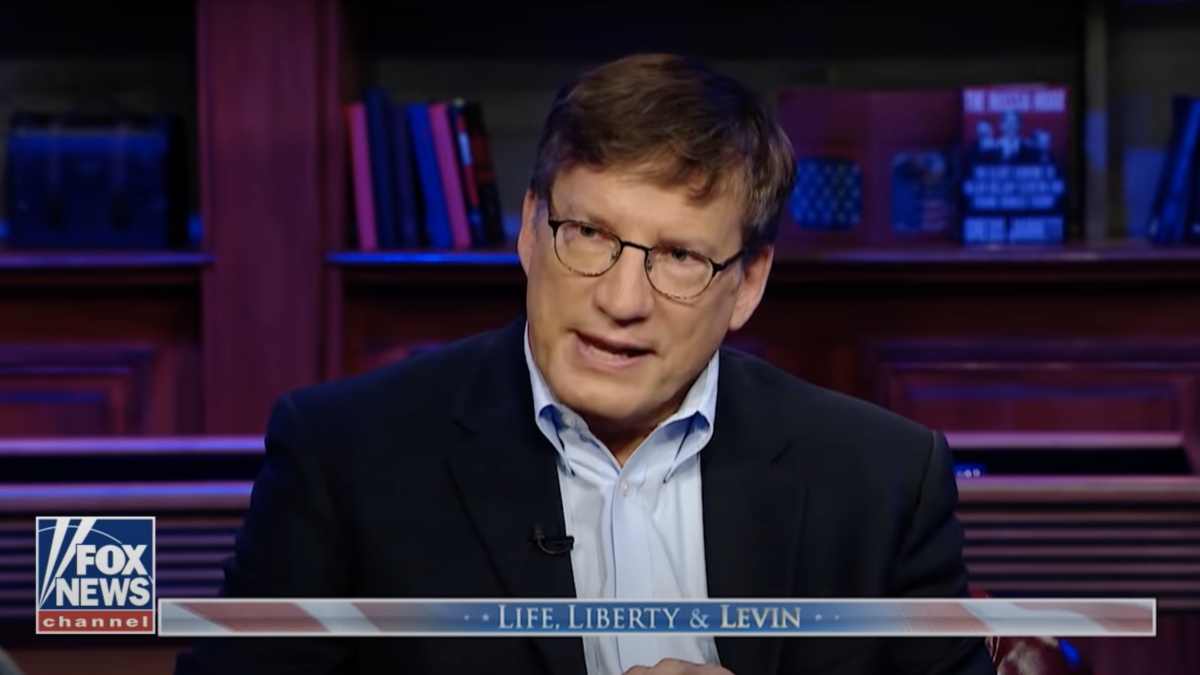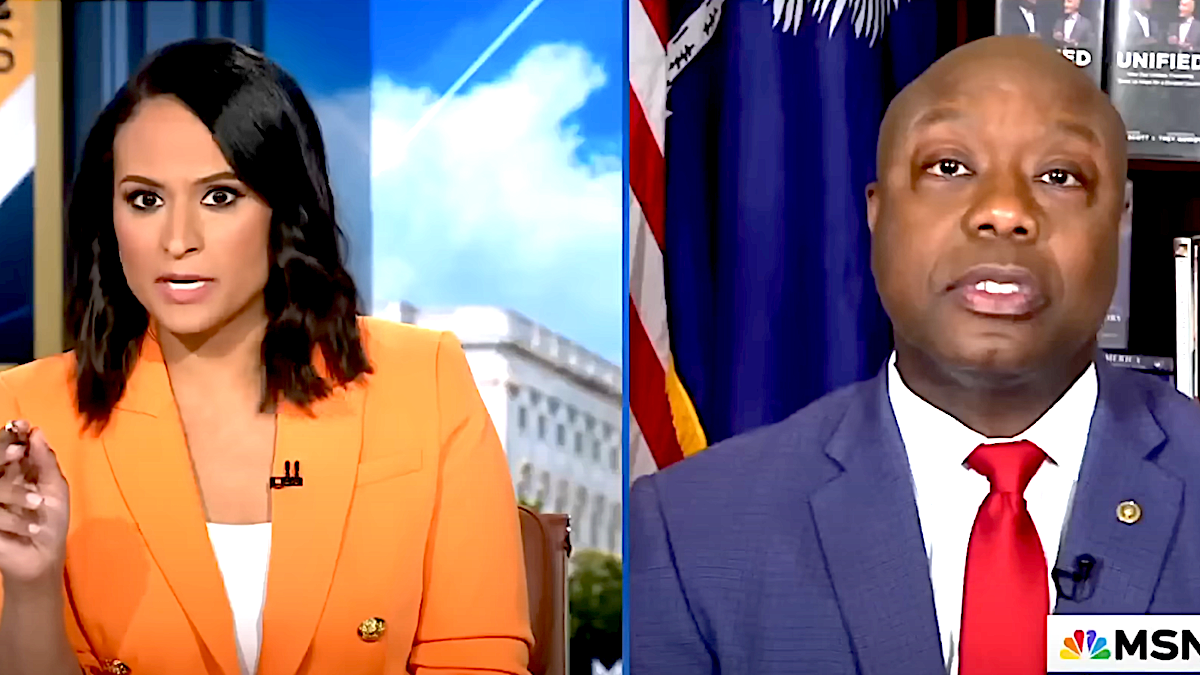
In the Washington Post, Sonny Bunch struggles to make the case for #TeamIronMan given “Captain America: Civil War,” while missing the factual evidence shown in the movies.
“Civil War” is essentially the culmination of this latest round of Marvel movies: “Iron Man 3,” “Thor 2,” “Captain America: The Winter Soldier,” “Ant-Man,” and “Avengers 2” (while that last adds to the reasons Bunch is wrong, is an utterly awful waste of two hours and however millions of dollars). “Civil War” is loosely based on a post-9/11 Marvel event comic of the same name that a recent re-reading shows is, to be generous, quite thin and its political content overblown.
Captain America fights government regulation of super-powered individuals because “Masked heroes have been a part of this country for as long as anyone can remember.” That’s Captain America’s first argument. The general gist of the story is this: Tony Stark is enforcing a registration act for all super-powered people, and if they don’t register they get thrown in jail. Captain America disagrees, and they fight. The book closes with a cheesy scene where average New Yorkers jump in the middle of the fight and Captain America says “Oh, man, look we’re just fighting” and surrenders.
Truly, the only one who stays ideologically consistent throughout the book is the Punisher, who joins up because Iron Man hires known supervillains to track down un-registered heroes. Then Captain America kicks the Punisher out when he does the thing he said he wanted to do.
Message: Government Can’t Handle Anything
All this preamble aside, the movie deals with some better inciting incidents and clearer motivations for the characters than the comics do (because the movies only have to deal with 11 movies’ worth of continuity rather than something like 60 years). Anyone on #TeamIronMan is missing that, without the Avengers’ actions—the actions of an outside-of-government group—the events in the various movies would have been far more catastrophic. The only real conclusion to draw from the past string of Marvel movies, in sharp contrast to those from the books, is that the government is a genuinely ineffective machine incapable of handling problems.
Consider the events of the first Avengers movie. The solution of the “World Council,” which is effectively a United Nations stand-in, is to nuke Manhattan. This would have done two things: one, nuked Manhattan and killed everyone there and, two, not stopped the invasion because, you know, massive portal in the sky spewing out aliens. So chalk one up for individual action.
In “Captain America: Winter Soldier,” SHIELD is discovered to be under the thumb of the evil criminal organization HYDRA. Their director (Robert Redford) is a HYDRA agent who used government funds to build a fleet of helicarriers to spy on civilians around the country then quickly execute them. This was literally paid for by government and the World Council that wants to hand down orders to Captain America, insisting he must only act under their authority. Captain America uses his brain and some teamwork to take down the helicarriers before they can mass execute. Again, government fails completely and utterly. Individuals taking action save the day once again.
In “Avengers 2,” Tony Stark in his infinite wisdom creates a crazed artificial intelligence that tries to destroy the world. The whole registry controversy should almost exclusively be aimed at Stark, because in every single one of his movies, including “Avengers 2,” he basically fights a guy who uses Stark’s technology for evil. Maybe if Tony kept his own devices in check “Avengers 2” wouldn’t have happened and neither the fictional country of Sokovia nor the actual viewers who watched that movie would have suffered. Stark is suffering from guilt due to his own ego and stupidity, and uses that to attempt to place his associates under government control.
Comic Depictions Versus Movie Depictions
Bunch rightly points out that the United Nations is hardly a force that in reality should be bossing around a group like the Avengers, because even in real life they’re rather incompetent. Give them the Avengers, and they’ll likely just be repurposed to provide security for all the private jets flown to UN green summits.
“Batman v Superman” briefly attempted to address this fundamental question of how would—or could—current states actually deal with super-powered vigilantes. It’s a theme that’s part of many of the most revered comics: “The Dark Knight Returns,” “Strikes Again,” “Master Race,” “Watchmen,” “Kingdom Come.” It’s a theme that, ironically, DC gets right in its comics but can’t figure out on-screen, while Marvel can’t do it in comics very well but blows DC’s screen attempt out of the water.
It’s clear that in the Marvel films the superheroes are more capable of handling problems than the government, or its cronies, are.









